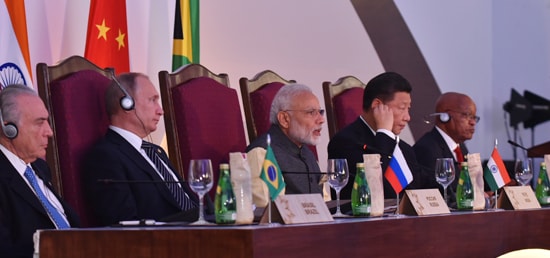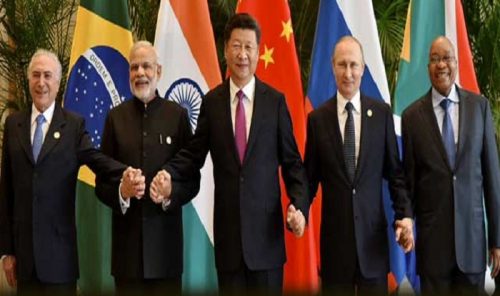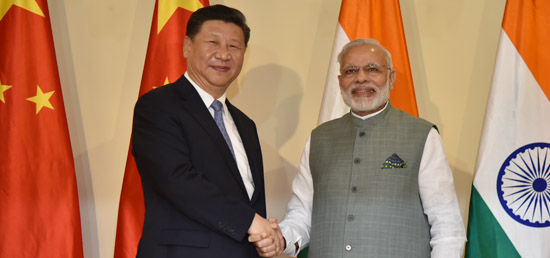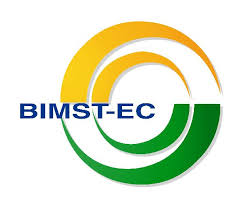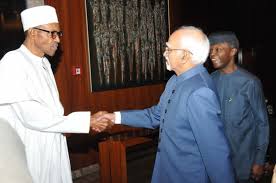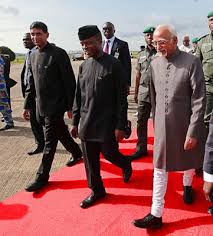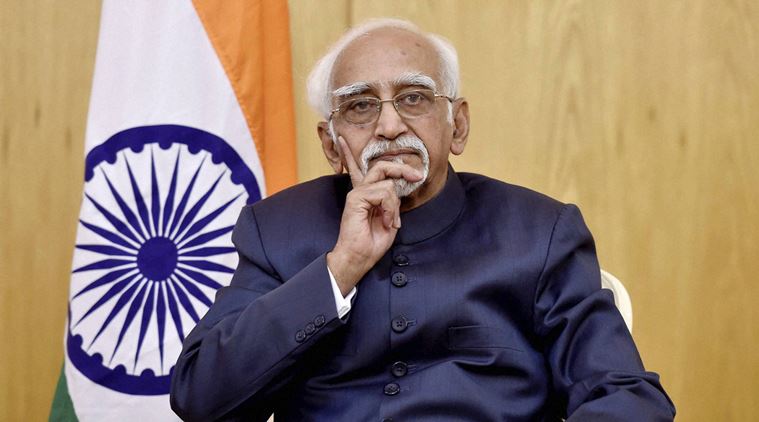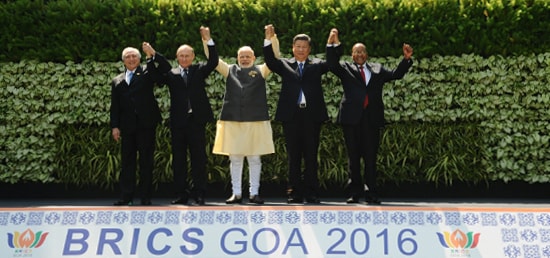
BRICS ratings up: Focus on terrorism, growth, institution-building
The 8th BRICS summit ended on a high note with the birth of new institutions and initiatives like a credit rating agency which is set to provide greater strategic traction and cohesion to this grouping of emerging powers. In many ways, the Goa summit was a festival of ideas as many of India-backed initiatives were endorsed and found reflection in an all-encompassing 109-para Goa Declaration.
Institution Building
Sustainable institution building was the mantra that animated wide-ranging discussions between the leaders of India, China, Russia, Brazil and South Africa on October 16, with the five countries agreeing to set up a credit rating agency for emerging powers, BRICS Agriculture Research Platform and BRICS Railways Research Network and BRICS Sports Council.
The 8th BRICS summit was also marked by a striking convergence of views on the imperative need to jointly combat terrorism, with the joint declaration emphatically stating that states should not allow their territory to be used for terrorism, a veiled reference to Pakistan.
India tried hard to put explicit references to the Uri attack and cross-border terrorism – a shorthand for Pakistan’s use of terror against India – but it seems Pakistan’s powerful friend China was not in favour of naming and shaming in the joint declaration. India would have liked the Goa Declaration to specifically mention anti-India terror outfits like Jaish-e-Moahammed, Lashkar-e-Taiba and Hizbul Muzahideen, but in the end it was decided to focus on firming up a broad architecture of counter-terror cooperation in the BRICS.
The Goa Action Plan has raised the bar for invigorating intra-BRICS cooperation across the spectrum, and should silence sceptics who are prone to scoff at the BRICS as a glorified talk shop. The BRICS is not only talking big, but is also thinking big, and walking the talk.

